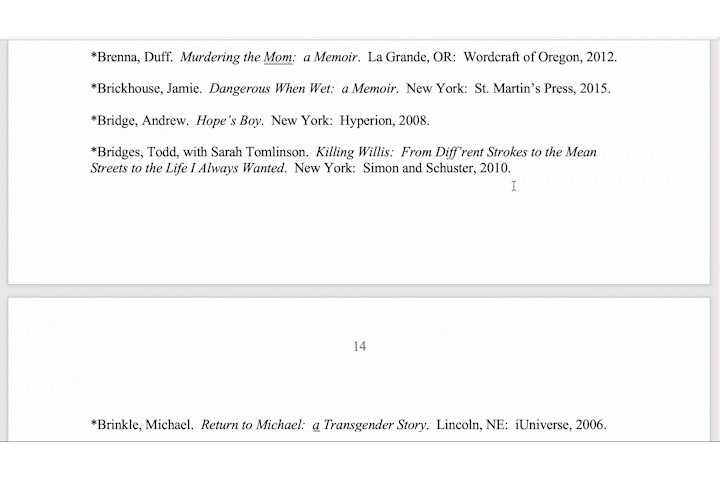Silent No More: Male Survivor Works on Childhood Sexual Abuse
At Our Phoenix Foundation, we've meticulously curated a profound collection of literary works, spanning from the 1800s to the 2020s, written by male survivors of childhood sexual abuse. Our extensive library encompasses thousands of books, with a predominant focus on autobiographical content, including memoirs. Additionally, we embrace fictional works, plays, poetry, and anthologies authored by individuals who courageously share their experiences of sexual abuse and their journey to recovery. This ongoing project has already yielded substantial data, thanks to the many titles we've already acquired.

The largest corpus of works on male survivors in the world.
Diverse in age, demographic, race, and ethnic backgrounds, these works collectively offer a unique and comprehensive perspective on the impacts of abuse and the various factors contributing to recovery. Our carefully built corpus of information stands as the largest male survivor corpus in the world, a testament to years of dedication to this investment.
Explore the narratives of resilience, empowerment, and recovery through the voices of male survivors. Together, let's break the silence and foster a community of support and understanding.
Gain access to an exclusive literary collection.
This unparalleled collection serves as a valuable resource for anyone seeking a deep understanding of the challenges faced by male survivors and the diverse paths to healing. We're thrilled to share this wealth of knowledge with you. The curated list of titles and related information is available for purchase. If you're interested in gaining access to this exclusive literary collection, please let us know.
If you've published a work on male sexual abuse, we'd be glad to hear about it. If you're considering publishing a work on this topic, we're also eager to hear from you.